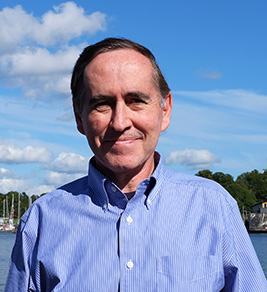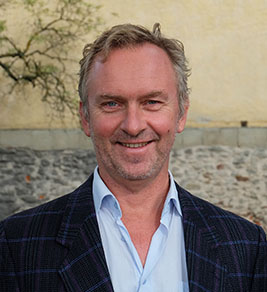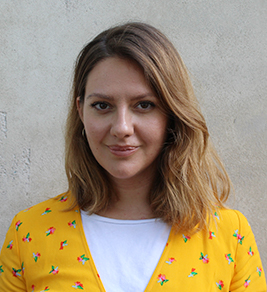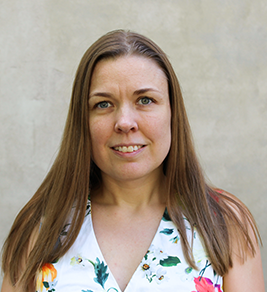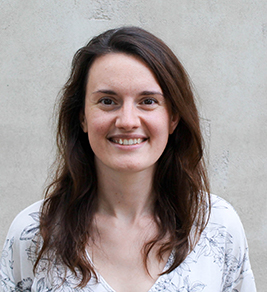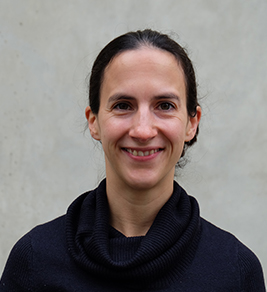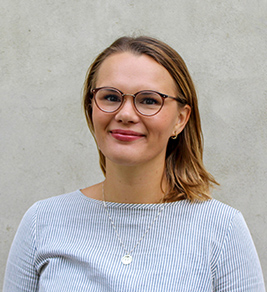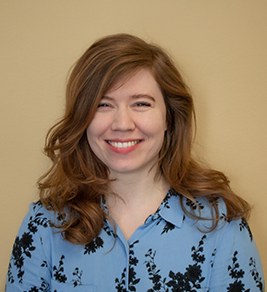The FUME project aims at understanding the patterns, motivations and modalities of migration at multiple geographical scales, from international through regional to the local, and on imagining possible futures.
Local circumstances play a major role in migration processes, from the decision to migrate through the transit process up to the settlement in the destination countries. Nearly all international migrants move to – generally the largest – cities in destination countries, either directly, or after one or more internal moves. This is also the case across Europe, where population growth in many cities can be largely attributed to an influx of migrants. At the same time, in countries of origin the largest cities often function as gateways to destinations abroad. Many potential migrants in villages and small towns in origin countries first move to these larger cities before leaving their country. Cities, therefore, both in countries of origin and destination, are significant determinants of global migration and small-scale local knowledge on migration is necessary to avoid misleading results associated with the limitations arising from the use of global or national patterns only.
FUME will study the migration to and from a number of key migration cities/centres to determine 1) the major factors explaining migrant movement patterns by analysing regional and local circumstances that either attract migrants or ‘push’ potential migrants to move, and 2) elaborate how possible future regional sociodemographic, economic and environmental challenges may shape future migrant movement patterns in Europe.
The project will support appropriate planning and policy-making by formulating integrated and coherent visions of how migration to and within Europe might evolve under different scenarios relating to potential demographic, socio-economic, political and environmental challenges.
Nordregio is leading two work packages, WP2 on Migration data and WP7 on Communications and dissemination.
The project is funded by Horizon 2020 programme.

